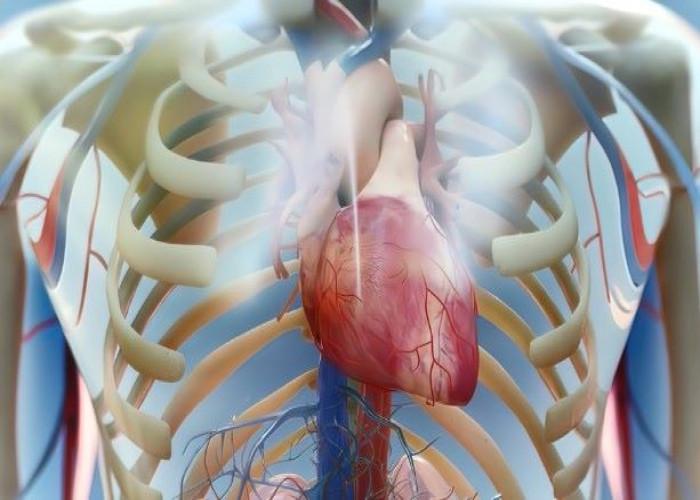 Welcome
Welcome
“May all be happy, may all be healed, may all be at peace and may no one ever suffer."
Cardiac Failure
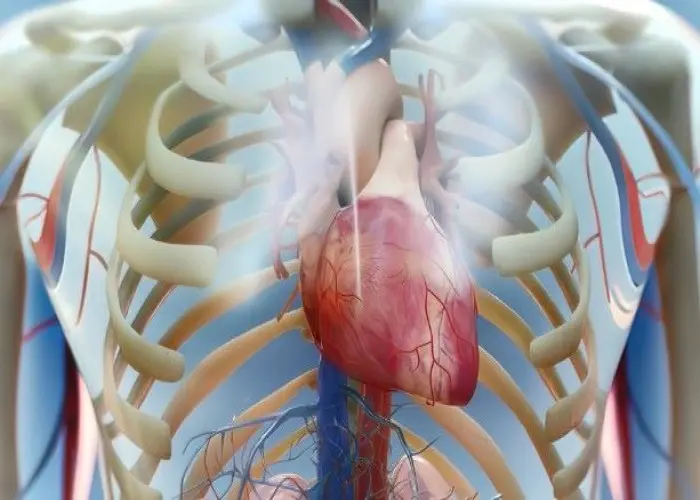
Cardiac failure, also known as heart failure, is a condition that occurs when the heart is unable to pump enough blood to meet the body's needs. This can occur as a result of a variety of underlying conditions, such as coronary artery disease, high blood pressure, or heart valve disorders.
The symptoms of cardiac failure can vary depending on the severity of the condition, but may include:
- Shortness of breath, especially during physical activity or when lying down
- Fatigue and weakness
- Swelling in the legs, ankles, or feet
- Rapid or irregular heartbeat
- Persistent cough, which may produce pink or white mucus
- Chest pain or discomfort
Diagnosis of cardiac failure may involve a combination of tests, such as an electrocardiogram (ECG), echocardiogram, blood tests, and stress tests to assess heart function.
Treatment for cardiac failure typically involves a combination of lifestyle changes, medication, and in some cases, surgery or other interventions. Lifestyle changes may include dietary modifications to reduce salt and fluid intake, exercise programs, and quitting smoking.
Medications may include diuretics to reduce fluid buildup, beta blockers to improve heart function, and ACE inhibitors or angiotensin receptor blockers to widen blood vessels and improve blood flow.
In some cases, surgery may be necessary to repair or replace damaged heart valves, or to bypass blocked coronary arteries.
It is important to seek medical attention if you experience persistent symptoms of cardiac failure, as early diagnosis and treatment can help prevent complications and improve outcomes for individuals with the condition.
Research Papers
Disease Signs and Symptoms
- Rapid pulse
- Shortness of breath (dyspnea)
- Dry cough
- High blood pressure (hypertension)
- Fluid accumulating in lungs
- Cardiac failure
- Enlarged liver and spleen
- Enlarged neck veins
Disease Causes
Disease Prevents
Disease Treatments
Disease Diagnoses
Disease Allopathic Generics
-
Aminophylline
For the time being, give the medicine containing aminophylline to relieve the patient's shortness of breath.
1 pill 3 times a day.
-
Dextrose
Aminophylline Injection or Cardophylline Injection in 5% Dextrose in Aqua.
5/10 drops per minute should be given. It is better to send the patient to the hospital.
-
Furosemide
Medicines containing the diuretic frusemide.
1 pill every morning after breakfast.
-
Acetazolamide
1 daily or every other day.
-
Pethidine Hydrochloride
If the chest pain is severe, pethidine is a medicine with hypedrachlor.
1 pill 3 times a day.
-
Lorazepam
Lorazepam is an anti-anxiety medication.
1 pill 3 times a day.
-
Spironolactone
Medicines containing spironolactone.
2 pills 2 times a day. If necessary, the level will be increased.
-
Potassium Chloride
Medicines containing potassium salts.
2 spoons 2/3 times a day after meals.
-
Bromazepam
Drugs containing bromazepam for mental sedation.
Daily 1 pill in the morning and 1 pill at night.
-
Trifluoperazine
Medicines containing trifluoroperazine.
1 pill 2 times a day at night.
-
Flupentixol + Melitracen
Flupenthixol 0.5 mg + melitracin 10 mg combination medicine.
1 pill 2 times a day.
Disease Ayurvedic Generics
Disease Homeopathic Generics
Disease yoga
Cardiac Failure and Learn More about Diseases

Dumping syndrome

Acute kidney failure

Schizophrenia
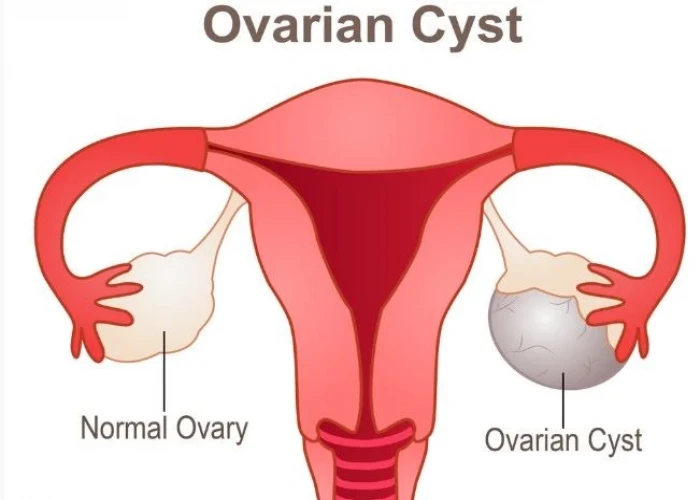
Ovarian cysts
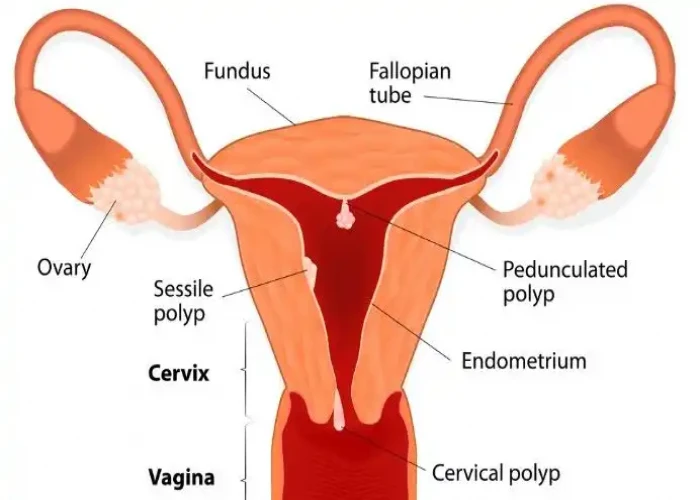
Uterine polyps

N/A

Acute liver failure
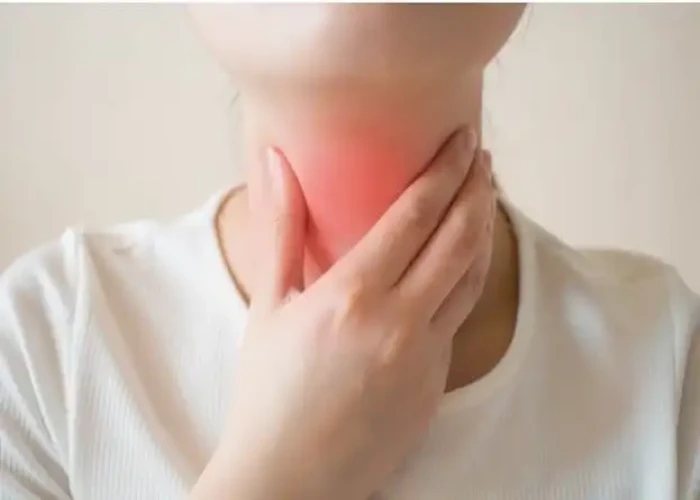
Sore throat
cardiac failure, কার্ডিয়াক ফেইলিওর, হৃদপিণ্ডের অক্ষমতা
To be happy, beautiful, healthy, wealthy, hale and long-lived stay with DM3S.
